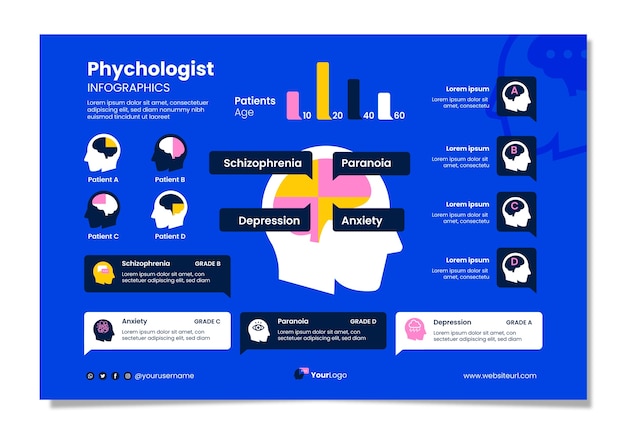Did you know that nearly 1 in 10 men experience depression at some point in their lives? This staggering statistic highlights a crucial yet often overlooked aspect of mental health. As I delved into the world of men’s mental health statistics, I was taken aback by how prevalent issues like anxiety and stress are among men, often compounded by societal expectations to appear strong and stoic.
Understanding these numbers is vital, as they not only reflect individual struggles but also point towards a larger societal problem that requires our attention. By acknowledging and analyzing men’s mental health data, we can foster a deeper awareness that paves the way for better support systems and resources tailored specifically for men.
This journey into the statistics serves as a starting point for conversations that need to happen—conversations that can break down barriers, challenge stigmas, and ultimately encourage men to seek help.
Understanding Mental Health in Men
Many men internalize their struggles, resulting in a higher risk for negative outcomes. There is a stark reality reflected in statistics: men are more likely than women to die by suicide, indicating that hidden pain can have dire consequences. Encouraging open conversations around feelings and mental health is vital for dismantling harmful stereotypes. As we learn to view mental health not as a weakness but as a critical aspect of overall well-being, we empower men to embrace their struggles and seek support without fear of judgment.
Raising awareness about mental health issues specific to men is necessary to create healthier communities. Initiatives addressing these concerns can help challenge the stigma associated with vulnerability while promoting understanding and acceptance. By acknowledging the multifaceted nature of men’s mental health, we can begin to create environments that nurture emotional literacy, encouraging all men to prioritize their mental well-being. This shift not only benefits individuals but society as a whole, allowing for richer, more authentic connections.
Key Statistics on Men’s Mental Health
Impact of Mental Health Issues on Men

Addressing Men’s Mental Health
Addressing men’s mental health requires a multifaceted approach that confronts prevalent stigmas while promoting open dialogue. One effective strategy is to encourage men to engage in regular mental health check-ups. This practice normalizes seeking help and fosters a culture where mental well-being is prioritized. Resources like local support groups and mental health apps tailored for men can provide safe spaces to express vulnerabilities.
Additionally, workplaces can implement mental health initiatives that focus on stress management and resilience training. These programs create supportive environments where men feel comfortable discussing their mental health challenges without fear of judgment.
Educational campaigns also play a crucial role. By dispelling myths surrounding masculinity and mental health, society can begin to dismantle barriers that prevent men from seeking the help they need. Engaging male role models to share their experiences can inspire others to take the first step toward emotional wellbeing.
Finally, integrating mental health education into school curricula can help reduce stigma from a young age. Teaching boys that it’s okay to express their feelings can lead to healthier relationships and improved overall mental health. By fostering a culture of acceptance and understanding, we can make significant strides in improving men’s mental health outcomes.
Explore Resources for Men’s Mental Health Awareness
To deepen your understanding and explore additional resources on men’s mental health, visit this comprehensive guide: HelpGuide – Men’s Mental Health.
Final Thoughts on Men’s Mental Health
Recognizing men’s mental health statistics and trends is paramount in catalyzing change. The stark reality is that countless men grapple with mental health challenges, often in silence due to societal expectations. It is crucial for us to acknowledge these statistics, for they reveal not just numbers, but lives in need of attention and support.
We must encourage proactive measures—individuals should prioritize self-care, extend support to those around them, and actively seek professional help when necessary. Moreover, it is our collective responsibility to foster environments that promote mental well-being and dispel outdated stigmas surrounding vulnerability.
By creating a culture of openness and understanding, we empower men to reach out, share their struggles, and ultimately, thrive. Together, we can build a society equipped with the resources and compassion necessary for meaningful mental health support.





